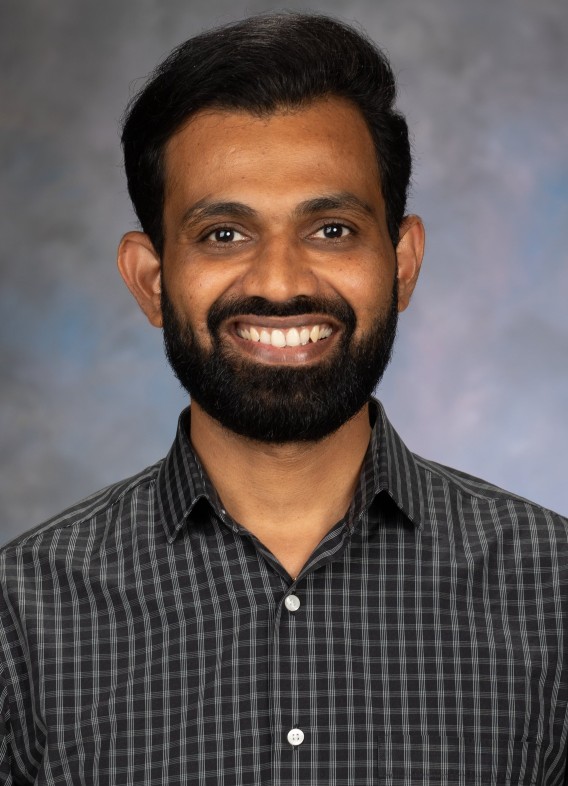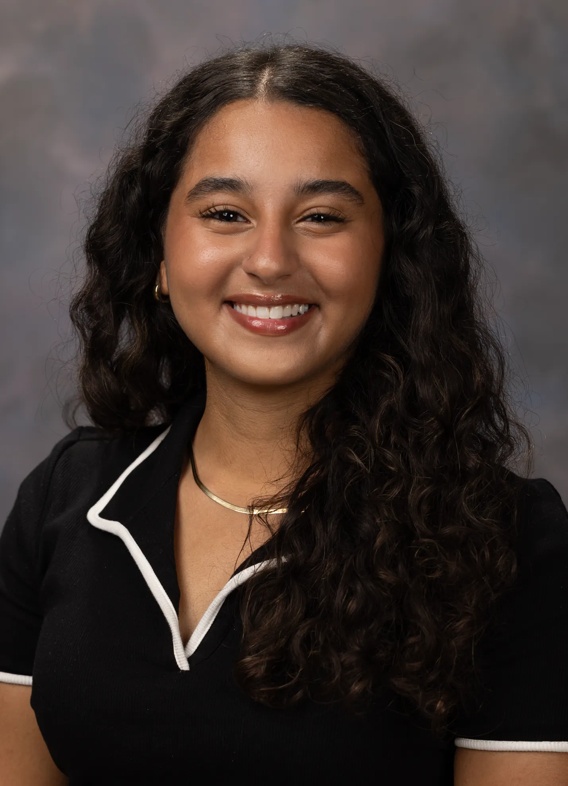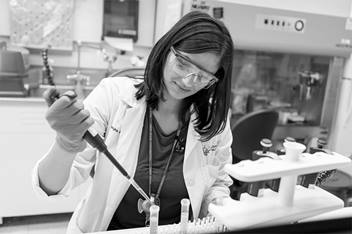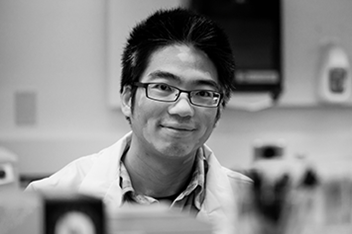Magaña Lab
The Magaña Lab bridges the clinic and the laboratory by utilizing a multidisciplinary and innovative approach to advancing the field of pediatric neuroimmunology. Dr. Magaña’s clinical and research focus is on studying the age-span of multiple sclerosis—fetal and neonatal neurology, as well as childhood, adolescent and adult neurology. Specifically, Dr. Magaña is interested in understanding how endogenous nanoparticles shed from all cells, called extracellular vesicles (EVs), mediate cross-talk between cells of the nervous and immune systems.
The overall goal of our interdisciplinary laboratory is to be at the forefront of innovative translational neuroimmunology research by focusing on three main aspects of multiple sclerosis research:
- elucidating pathomechanisms at the earliest phases of disease initiation
- developing novel human-based pre-clinical models
- identifying therapeutic candidates for precision nanomedicine
The ultimate goal of our research program is to be amongst the first in the field of multiple sclerosis to utilize precision medicine in order to identify subjects at risk of developing MS in the preclinical phase and to tailor preemptive treatments that prevent MS from developing.
As a neurology resident, Dr. Magaña was introduced to the fascinating field of extracellular vesicles (EVs) and EV-cargo and immediately knew that this was the area she wanted to build her research program upon. EVs are involved in nearly every aspect of normal physiology and a myriad of pathophysiologies and their accessibility in all human biofluids offer unprecedented potential for biomarker and therapeutic discovery.
The Magaña Lab uses state-of-the-art EV methodologies to interrogate various human tissues and biofluids for EV analysis. We are a human-based, translational lab that utilizes human specimens from the bedside, to the bench for mechanistic discovery, and back to the bedside for theranostic application in patient care.
Lab Staff

Setty Magaña, MD, PhD
Principal Investigator
Setty.Magana@NationwideChildrens.org
Setty M. Magaña, MD, PhD, is an attending physician-scientist and co-director of the Neuroimmunology Program at Nationwide Children’s and assistant professor of Clinical Pediatrics and Neurology at The Ohio State University College of Medicine. Dr. Magaña is founder and co-director of the NCH-OSU Extracellular Vesicle Research Seminar Series. Her clinical and research interests are in understanding the disease mechanisms in pediatric and adult acquired demyelinating diseases, such as multiple sclerosis.
Dr. Magaña completed her doctorate in Clinical and Translational Sciences at Mayo Graduate School of Biomedical Sciences, her pediatric residency and child neurology residency at Mayo Clinic College of Medicine, and a Neuroimmunology and Neuroinfectious Diseases fellowship at the National Institute of Neurological Disorders and Stroke. She serves on the International Pediatric MS Study Group, National Enterovirus D68 Basic Science Working Group, Acute Flaccid Myelitis Working Group and the International Society for Extracellular Vesicles CSF Task Force.

Mangesh Hade
Research Scientist
MangeshDattu.Hade@NationwideChildrens.org
Mangesh Hade, PhD, is a research scientist and lab manager in Dr. Magaña’s lab. He obtained his doctorate degree in biotechnology at the Institute of Microbial Technology, CSIR, India. His doctoral research centered around investigating various functions of truncated hemoglobins and their chimeric forms. Following this, Dr. Hade pursued his postdoctoral work at the Florida State University, where his primary focus was on the development of innovative methods for cargo loading into extracellular vesicles and studying their impacts on wound healing. His research interests lie in exploring the potential applications of extracellular vesicles for neurodegenerative diseases.

Hiba Ezzarouali
Research Student
hiba.ezzarouali@nationwidechildrens.org
Hiba is a undergraduate student currently enrolled at The Ohio State University. She is pursuing a Bachelor of Science Degree in Molecular Neuroscience with a minor in Philosophy. Her work in the Magaña Lab primarily involves assisting with clinical studies and gaining knowledge on multiple sclerosis. In the future, she plans to complete her degree and attend medical school.



